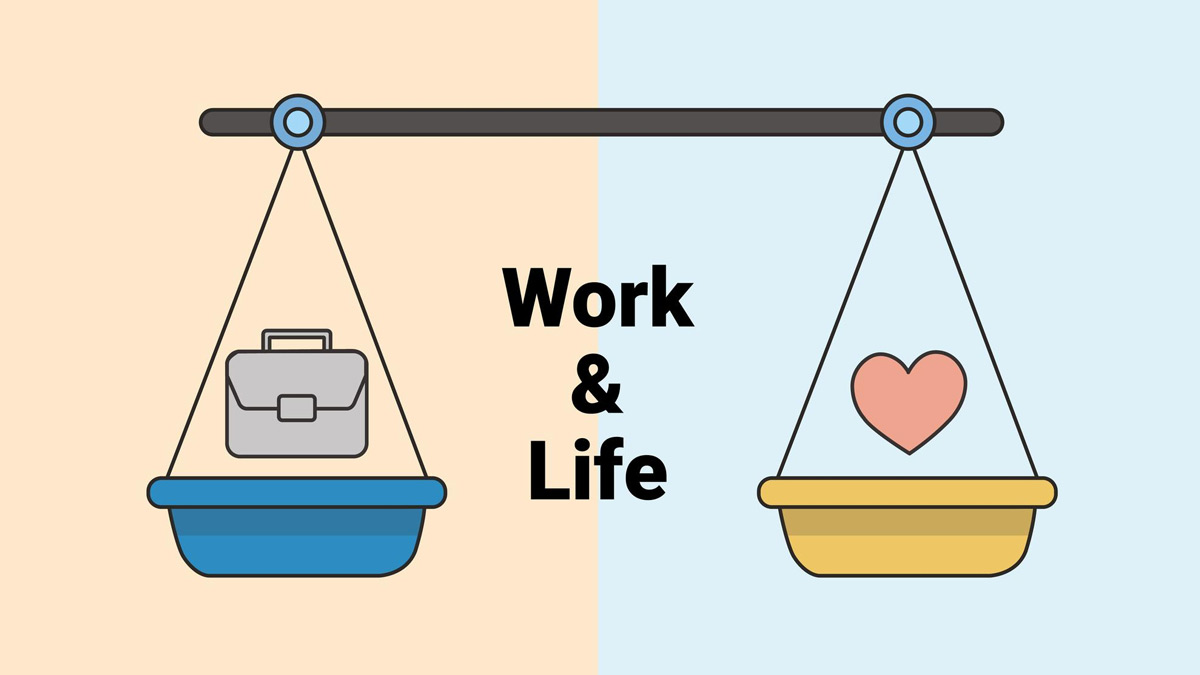- Empty cart.
- Continue Shopping
Creating a Balanced Work-Life for Optimal Health

Introduction
In today’s fast-paced, always-connected world, achieving a balanced work-life can seem like an elusive goal. However, maintaining this balance is not just important for your personal happiness and relationships; it’s also crucial for your physical and mental health. This article aims to provide a comprehensive guide on how to create a balanced work-life for optimal health.
The Importance of Work-Life Balance
Mental Health
- A poor work-life balance can lead to stress, burnout, and mental health issues such as depression and anxiety.
Physical Health
- Overworking without adequate rest can lead to a range of health issues, including sleep disorders, heart disease, and weakened immune systems.
Relationship Health
- Spending too much time on work can strain personal relationships, leading to unhappiness and increased stress.
Strategies for Achieving Work-Life Balance
Set Boundaries
- Clearly define your work hours and stick to them. Make it a point to disconnect from work once you’re off the clock.
Prioritize Tasks
- Use tools like to-do lists or project management software to prioritize your tasks. This can help you focus on what really needs your attention, reducing unnecessary stress.
Take Breaks
- Short breaks during the workday can improve focus and productivity. Make sure to also take longer breaks like weekends or vacations to fully recharge.
Flexible Work Arrangements
- If possible, negotiate with your employer for flexible work hours or the option to work from home. This can reduce commuting stress and give you more time for personal activities.
Delegate
- Don’t hesitate to delegate tasks when possible, both at work and home. Trying to do everything yourself will only lead to burnout.
Self-Care for Work-Life Balance
Exercise Regularly
- Physical activity is crucial for both mental and physical well-being. Even a short 30-minute walk each day can make a difference.
Eat a Balanced Diet
- Eating a nutritious diet can improve your physical health and give you the energy you need to handle stress.
Mindfulness and Relaxation
- Practices like meditation or mindfulness can help you become aware of your stressors and teach you how to handle stress more effectively.
Spend Time with Loved Ones
- Make sure to allocate time for family and friends. A strong social support network is crucial for mental health.
Conclusion
Achieving a balanced work-life is not just about improving your quality of life; it’s also about enhancing your health and well-being. By implementing these strategies and making time for self-care, you can create a more balanced, healthier lifestyle. Remember, the key to long-term success is making sustainable changes that fit into your life.








